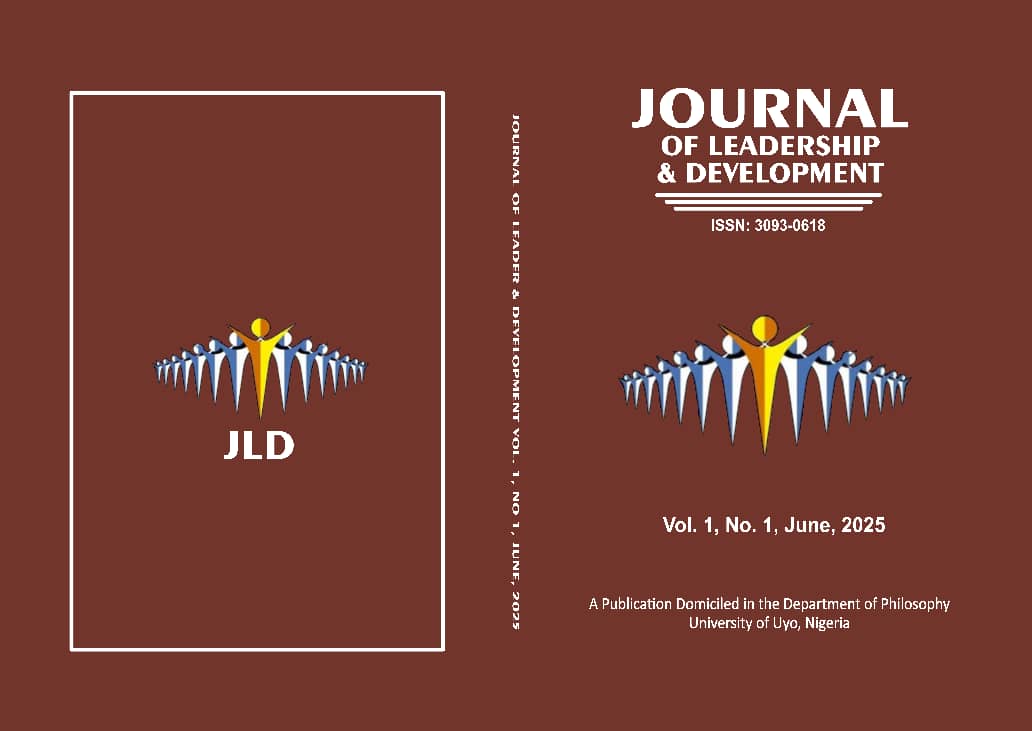AN EVALUATION OF THE CONCEPT OF ASYMMETRY IN RELATION TO THE ETHICAL PRINCIPLE OF DISUTILITY
Nwachukwu Maxwell Anyim
Department of Philosophy, University of Uyo, Nigeria
Email: nwachukwuanyim@uniuyo.edu.ng
Abstract
The concept of asymmetry is related to the principle of disutility. Both have their roots in the rejection of positive utility as the criterion for determining the morality of an action. What unites the two is the view that there is an imbalance between pain or suffering and happiness or pleasure. Based on this imbalance or inequality, supporters argue that the morality of an action should be based on evaluating the negative consequences which accrue from an action and not on the positive consequences. The major problem of both asymmetry and disutility is that they both suffer from the same defect of positive utilitarianism which is that it is difficult to measure consequences – whether good or bad ends. The aim of this paper is therefore to evaluate the benefits and limitations of asymmetry and disutility. This paper concludes that the choice between good ends and bad ends may differ from one society to another.
Keywords: Asymmetry, Disutility, Antinatalism, Utilitarianism, Negative utilitarianism, Morality.


